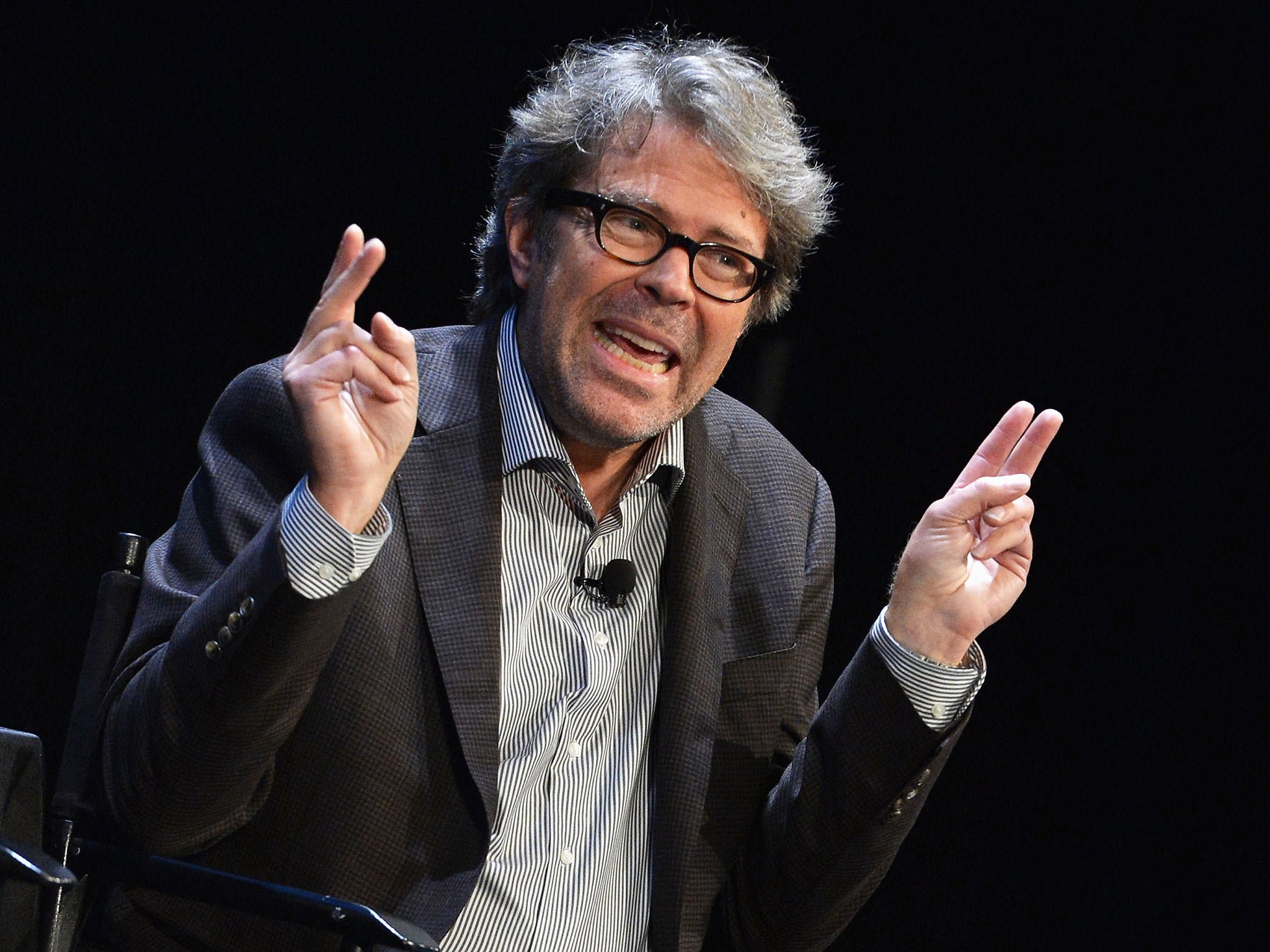Novelist Jonathan Franzen: Renewables are ‘a threat to wildlife’
The author of Freedom and The Corrections suggested it might be better to protect wildlife areas even if this made the 'human catastrophe' worse

Your support helps us to tell the story
From reproductive rights to climate change to Big Tech, The Independent is on the ground when the story is developing. Whether it's investigating the financials of Elon Musk's pro-Trump PAC or producing our latest documentary, 'The A Word', which shines a light on the American women fighting for reproductive rights, we know how important it is to parse out the facts from the messaging.
At such a critical moment in US history, we need reporters on the ground. Your donation allows us to keep sending journalists to speak to both sides of the story.
The Independent is trusted by Americans across the entire political spectrum. And unlike many other quality news outlets, we choose not to lock Americans out of our reporting and analysis with paywalls. We believe quality journalism should be available to everyone, paid for by those who can afford it.
Your support makes all the difference.The award-winning novelist Jonathan Franzen has argued that the natural world should be protected from renewable energy schemes because he cares “more about birds in the present than about people in the future”.
The author of Freedom and The Corrections suggested it might be better to protect wildlife areas even if this made the “human catastrophe” worse, and held out hope for a “miracle cure” for climate change.
Writing in The New Yorker, he said he felt “bullied” by global warming’s dominance as the major issue. The keen bird-watcher stressed that the rises in global temperature and sea level “matter immensely”, but wondered whether everyone who “cares about the environment is obliged to make climate the overriding priority”.
“We can dam every river and blight every landscape with biofuel agriculture, solar farms and wind turbines to buy some extra years of moderated warming. Or we can settle for a shorter life of higher quality, protecting the areas where wild animals and plants are hanging on, at the cost of slightly hastening the human catastrophe,” he wrote.
“If a miracle cure like fusion energy should come along, there might still be some intact ecosystems for it to save.”
Mr Franzen claimed that “no landscape on Earth is safe” if the fight against climate change “trumps all other environmental concerns”.
Join our commenting forum
Join thought-provoking conversations, follow other Independent readers and see their replies
Comments